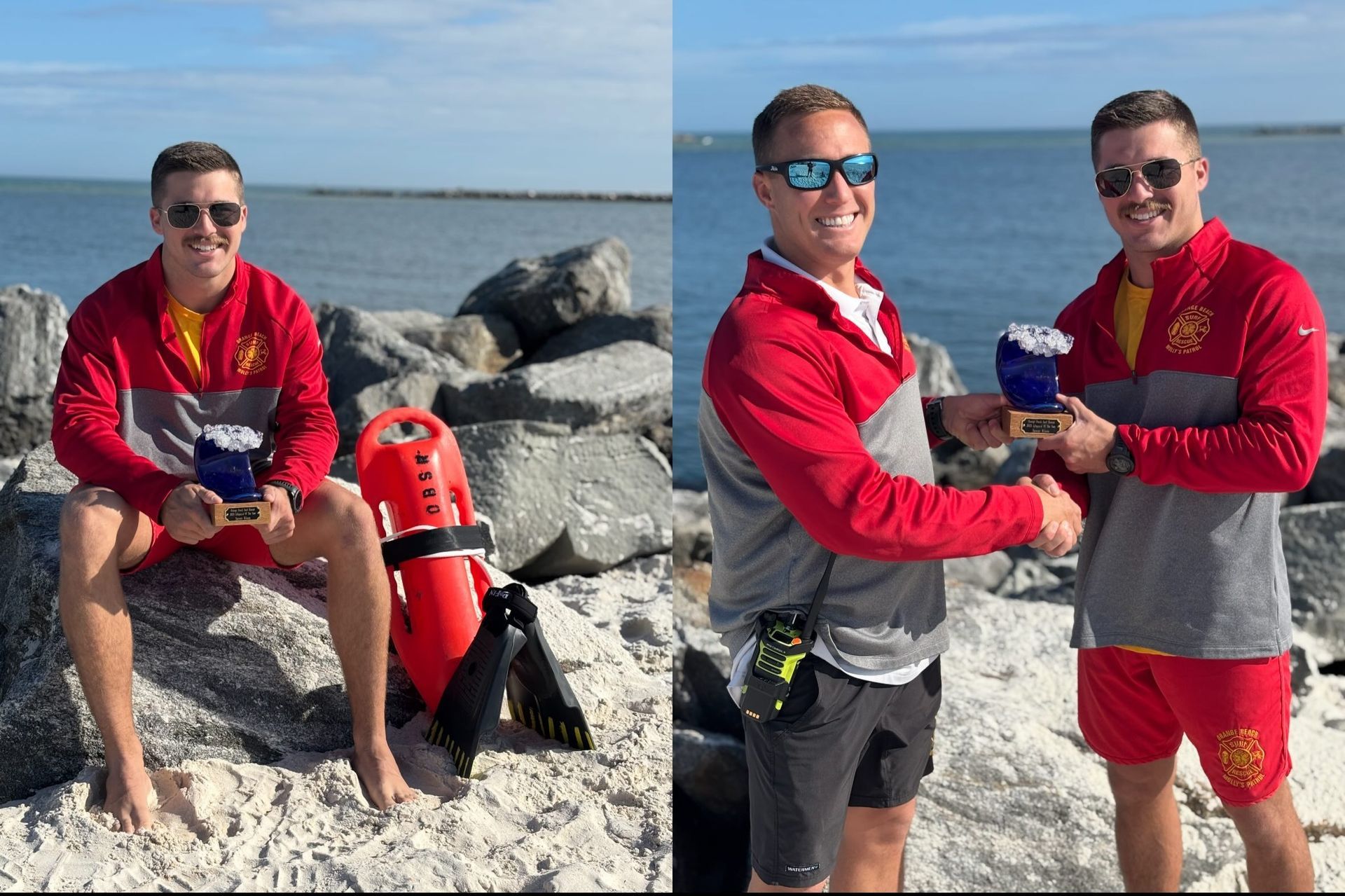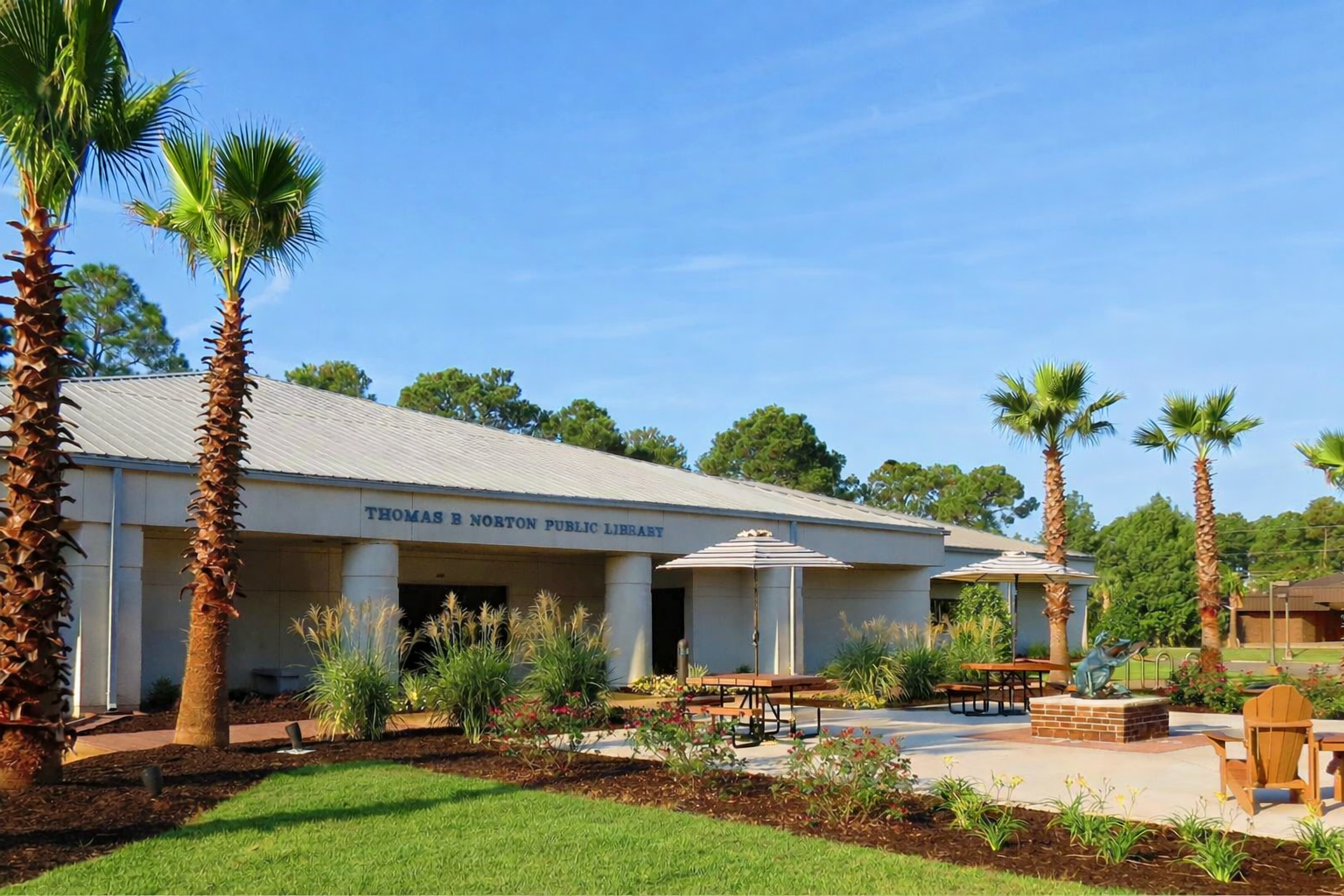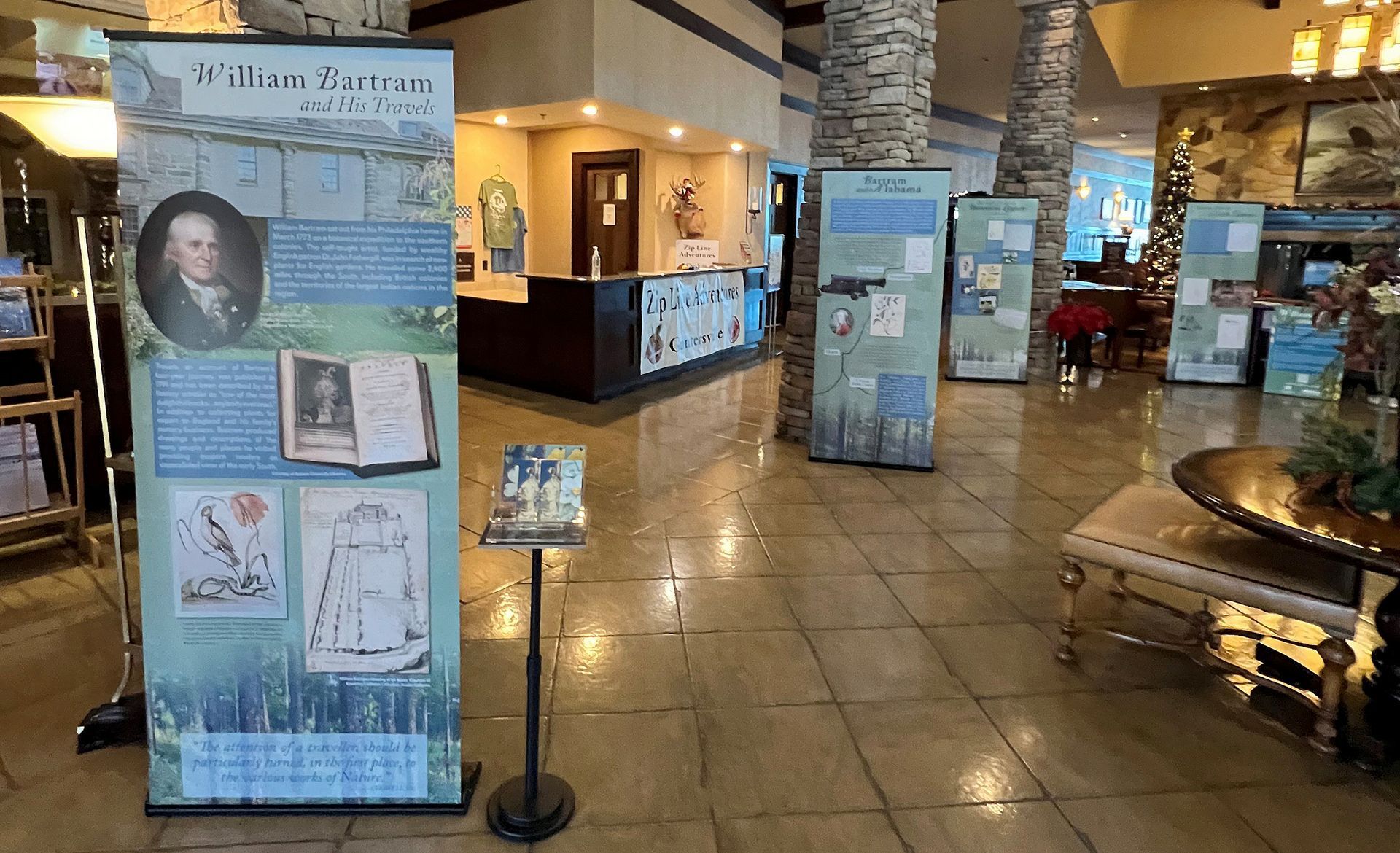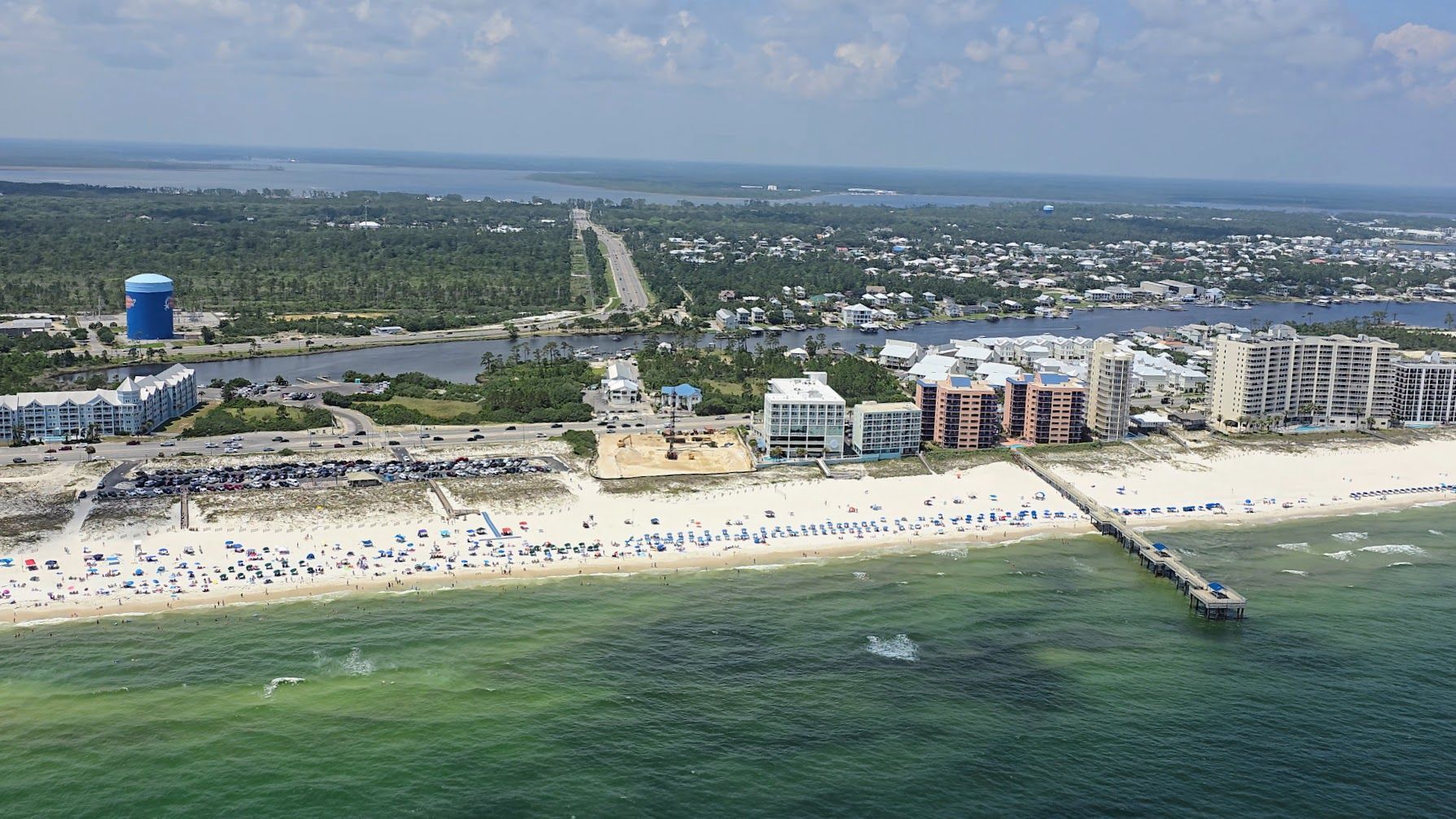Beach Safety in Spotlight Across the Gulf Coast
Rip current awareness remains a top safety message
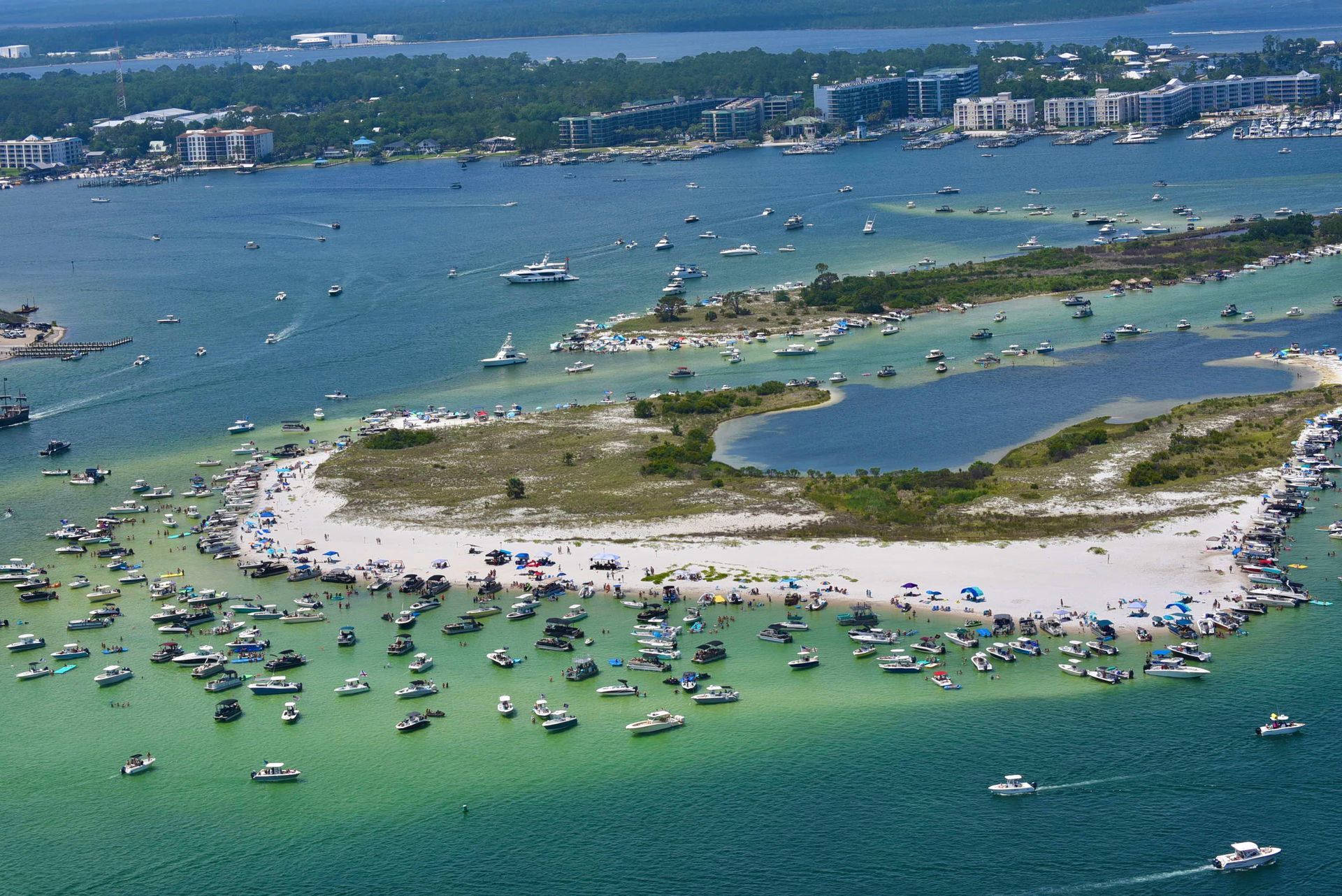
Orange Beach, Ala. – (OBA) – As National Beach Safety Week kicks off today, coastal communities across the Gulf Coast are emphasizing the importance of water safety. Running from May 19 through Memorial Day, this annual campaign, organized by the United States Lifesaving Association (USLA), aims to educate beachgoers on safe practices amid the summer surge of visitors. With millions expected to flock to the beaches of Gulf Shores, Orange Beach, Fort Morgan, and Perdido Key, local officials are intensifying efforts to promote awareness of hazards such as rip currents, marine life, and changing surf conditions.
In Gulf Shores and Orange Beach, the Beach Flag Warning System serves as a vital tool for communicating daily surf conditions to beachgoers. Flags are posted at public beach access points and lifeguard towers, signaling the level of hazard present. A yellow flag indicates medium hazard with moderate surf and currents, while a red flag warns of high hazard conditions. Double red flags mean the water is closed to the public, and a purple flag signifies the presence of dangerous marine life such as jellyfish or stingrays.
Fort Morgan, though less developed, is not exempt from these concerns. Visitors are advised to heed posted warnings and stay informed about current conditions. Similarly, Perdido Key's beaches, including those within the Gulf Islands National Seashore, employ a flag system to alert swimmers. Lifeguards are typically on duty from Memorial Day through Labor Day, but beach goers should remain vigilant and respect the signage at all times.
Rip currents remain a leading cause of weather-related fatalities along the Gulf Coast. These powerful, narrow channels of water can quickly pull swimmers away from shore. Experts advise that if caught in a rip current, individuals should swim parallel to the shoreline until free from the current's grip, then head back to the beach. Understanding and recognizing these natural phenomena are crucial for ensuring personal safety.
Local authorities encourage all beach visitors to familiarize themselves with safety protocols, stay hydrated, use sun protection, and never swim alone. By observing National Beach Safety Week's guidelines, both residents and tourists can contribute to a safer and more enjoyable beach experience for everyone.
10 Key Safety Tips for Swimming in the Gulf safely:
- Check the Beach Flag Warning System daily for surf and current conditions before entering the water.
- Swim near a lifeguard whenever possible for quicker emergency response.
- Never swim alone—always use the buddy system in open water.
- Know how to spot and escape rip currents—swim parallel to the shore until you’re out of the current.
- Stay hydrated and use sunscreen to prevent heat exhaustion and sunburn.
- Avoid alcohol when swimming or boating, as it impairs judgment and coordination.
- Watch children at all times and stay within arm’s reach of younger swimmers.
- Don’t dive headfirst into unfamiliar waters—depths can change due to tides or storms.
- Be alert for marine life like jellyfish, stingrays, or sharp shells—shuffle your feet in shallow water.
- Follow all posted signs and warnings at public beach access points and state or federal parks.
You can find more information about swimming and beach safety in the Gulf at the following sources:
- City of Gulf Shores Beach Safety Page
(Covers flag system explanations, rip current tips, and local beach rules.) - Orange Beach Surf Rescue
(Local lifeguard updates, safety advice, and seasonal patrol info.) - United States Lifesaving Association (USLA)
(National safety recommendations, rip current survival guides, and educational materials.) - National Weather Service – Rip Current Safety
www.weather.gov/safety/ripcurrent
(Live alerts, maps, and videos on rip currents and surf hazards.) - Alabama Department of Public Health – Beach Water Quality
(Water quality advisories and environmental updates for Gulf beaches.)
These resources provide updated and region-specific guidance to help locals and tourists enjoy a safer Gulf Coast experience.
Share this article w/ Friends...

